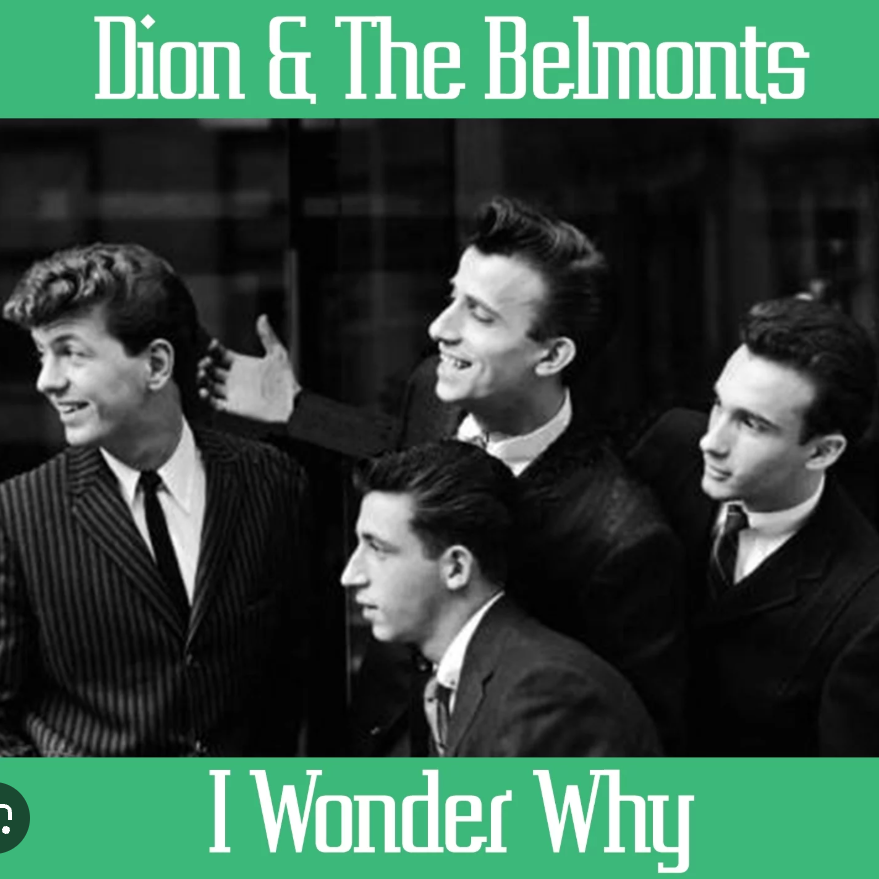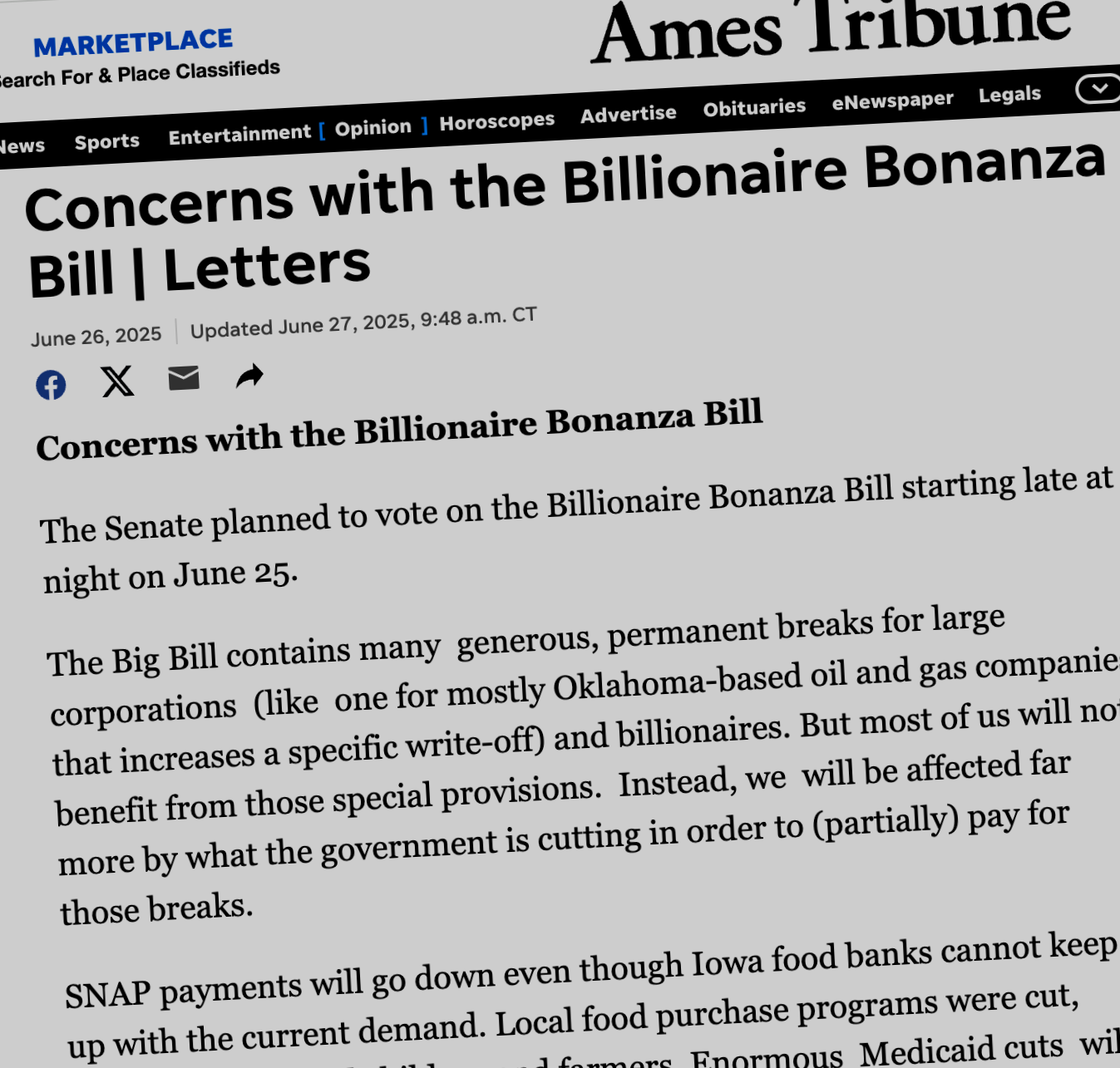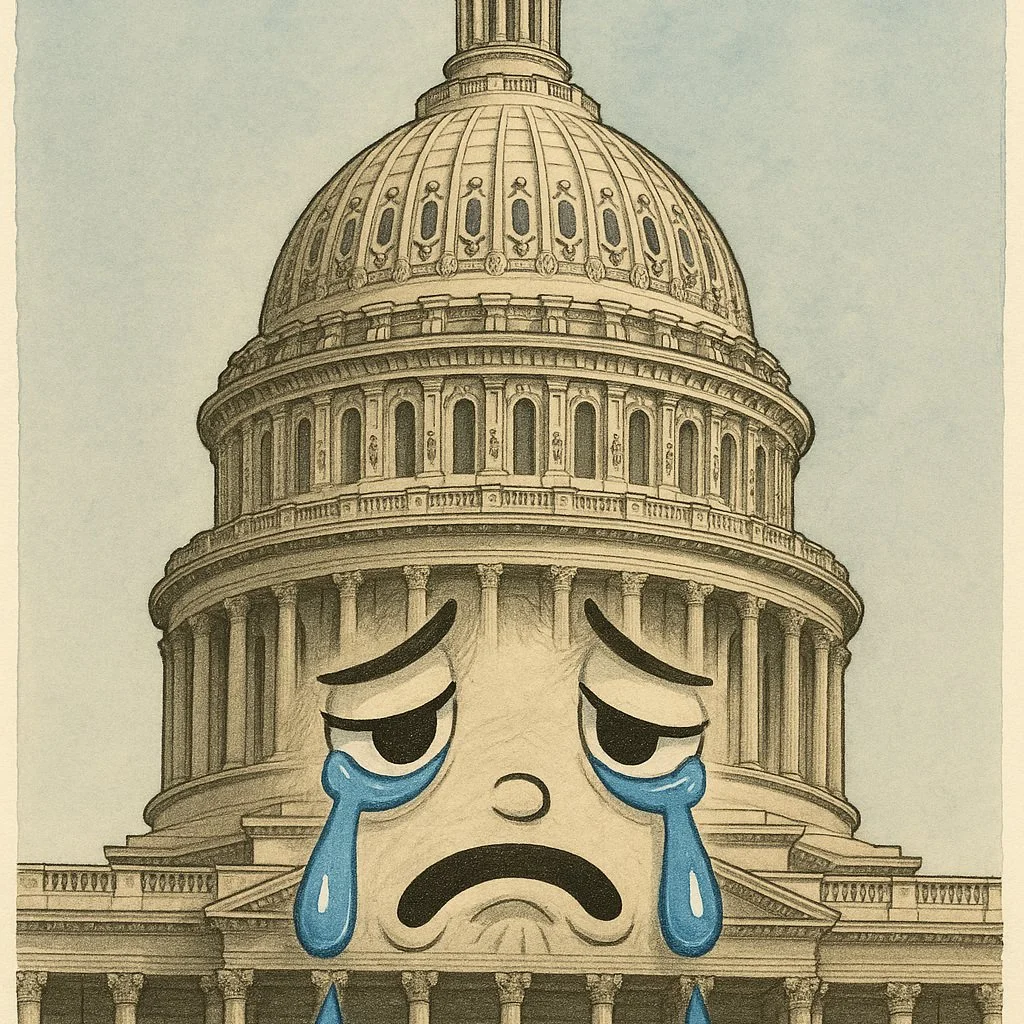On the Unpredictability of Life
Life throws curves—at least it does to me. Sometimes large curves. I’m going to focus here on a few small ones.
I assume people who meticulously plan are thrown off-balance by such little curves less often than I am, though I doubt it is possible to subtract all the unpredictability from life.
I do not meticulously plan. That is not because I get a thrill out of being surprised. It is because I seem to be able to handle being surprised and because I’m usually too lazy for meticulous planning.
The particular lesson on the unpredictability of life I want to share here is based on a few very small surprises that presented themselves while my wife and I were visiting the Seychelles Islands . . .
Ultimate Playlist: My Back Pages
First off: props to Tchaikovsky and the 1812 Overture. And hats off to Beethoven and his Fifth.
Mozart? He was good too.
And while we’re at it, way to go Oscar Peterson, Dave Brubeck and Duke Ellington.
But can any of them compare to Carlo Mastrangelo and his pulsating “Din-Din-Din” intro to “I Wonder Why” by Dion & the Belmonts in 1958? Or to Little Richard informing us that he’s “Gonna Tell Aunt Mary ‘Bout Uncle John”?
There’s something about kick-ass early rock n’ roll that rings my 78-year-old Bronx chimes. Or perhaps more correctly, that rings my half-Italian Bronx chimes. …
PART OF A SERIES ON FAVORITE SONGS. FOR PREVIOUS LISTS, SEE HERE AND HERE.
the view from iowa
I first visited Lenox, Iowa, in summer 1972, when Kathy and I were moving from Connecticut to Denver.
Kathy’s grandfather, a lifetime farmer, was quiet and in poor health. But her grandmother, the town poetess, embraced me as a kindred spirit even though I was a New Yorker by birth, a city boy and an Easterner. Soon she was driving us both around the grid of dirt roads that intersected the fields of this small farming community, “visiting” an hour or two here and there with friends and neighbors to introduce us over cookies and a glass of lemonade.
It was a way of life, slow, neighborly, grounded in community. Whatever squabbles might flare from time to time, the farmers relied on each other and likely still do. Iowa back then also voted Democratic nearly as often as Republican. (A Democrat defeated an incumbent Republican for the U.S. Senate that year though Republicans controlled the state senate.) Today the state is overwhelming red in its representation.
I was curious how independent Iowans reacted to the mean-spirited cuts in health insurance and food resources under the big, ugly bill that just squeaked through the Congress to become law. I also wondered how the sharp escalation of ICE raids nationwide has played out in farming communities that rely on undocumented immigrants for work in the fields and meat-packing plants. …
away in a cloud of smoke
Smoking, apparently, is coming back. Well, sort of. According to a recent New York Times article, the habit is once again becoming a display of coolness and power. It’s all over movies and popular music. There are even “cigfluencers” now. Smoking is becoming hip again.
Not in my circles, it isn’t.
Ever since reading the article, I’ve been trying to think: do I know anyone who still smokes? And after I go through everybody I can think of—the very few never-had-smoked and the much more common used-to-smoke—the answer is I don’t think so.
It does seem a bit odd because I can clearly remember that time not long ago when pretty much all of us puffed away. I remember walking into offices where a literal cloud of smoke hung over the desks (granted, these were newspaper city rooms, where everyone also had a bottle of whiskey in the top right desk drawer, but you get the point.)
Bars and restaurants back then were filled with smoke. Arenas and college classrooms were filled with smoke. Buses, trains and airplanes—airplanes!—were filled with smoke. Even doctors’ offices were filled with smoke. …
ultimate playlist: playing in my head
So, we all have been influenced by the music around us. Some probably more than others. I'd probably put myself on the far end of the scale, approaching whoever it is that can claim the title of "Have Listened to More Music Than Anyone."
And the music has influenced me in so many ways. I'll leave description of "how" for another day. But for today, here is my list, with links to the recordings, of the top 10 songs that have continually played in my head for the past 65 years:
PART OF A SERIES ON FAVORITE SONGS. FOR A PREVIOUS LIST, SEE HERE.
1. Johnny B. Goode (1958) This is the one. In my early years I heard music that my parents were often playing on the radio: Patsy Cline, Connie Francis, Frank Sinatra, Nat King Cole. But then, in 1958, I heard Chuck Berry singing Johnny B. Goode. That was it. It's still in my head today. It's the first song I learned to play. When I was in a band up until five years ago, it was the one song a night my bandmates let me sing.
2. Twist and Shout (1963) Then came the Beatles, and everything else got pushed out the door. I still have the clearest memory of them playing on the Ed Sullivan show. New ballgame.
3. The Times They Are a Changin' (1964) No kidding! Thank you, Bob Dylan. …
at 77, do i dare dress … dorky?
I’m getting dressed to go to the gym, and I really don’t feel like changing out of my comfortable capri leggings. But when I bend my knees, you can catch a glimpse of the top edge of my compression knee-high stockings, which I have to wear all the time.
Ugh. Of course I change my clothes.
To be clear, I’m hardly a gym rat (mostly I do Zumba classes), and it’s not as if I typically wear cute spandex activewear. I could surely get away with any comfortable clothing for my workouts. But obvious compression knee-highs (sheer ones, not the cute colorful winter ones)? No way.
My husband would probably say I look “dorky.” Which is the equivalent at this age of “like an old lady.” It probably would be the same reaction if I wore baggy jeans. …
a desire to dawdle
When you get to a certain age, and you realize you probably have limited time left to do all the things you want to do, the smart thing would be to start doing all the things you want to do.
Instead, like many of us, I procrastinate. Thinking we still have endless time, when we don’t.
To be honest, I’ve been putting off writing about this, but it’s probably time for me to say something about it. I would have said something about procrastinating last week, but, you know, I just could never get around to it.
But first, before I get to it now, let me tell you about the time my wife and I were driving in Italy and it was snowing and we don’t speak Italian. Or that may have been when we were in France, where it was raining and we speak French.
Let me check. I have that information right here, somewhere. …
A Monkey bite in Uganda: Global Health Care has gotten better
Here are three anecdotes involving members of my sometimes-peripatetic family to illustrate the remarkable increase in medical knowledge around the world in the past three decades:
1. In 1994 we spent a few months in Rostov, Russia’s fourth largest city, and one of my sons came down with a sore throat. The Russian doctor my wife took him to looked down his throat, with one of a bunch of tongue depressors that had been sharing a jar and, using only the faint illumination provided by the room’s one window, diagnosed tonsilitis and said the boy had to stay still and might be better off in a hospital.
Meanwhile, the nurse warned my wife that the boy would get “very, very sick” if he did not wear a scarf . . .
retirement’s hidden perk
Before 11 o’clock this morning, we:
Did a careful, slow walk around the outside of our house, taking notes about where rotted siding had to be replaced so we could email the contractor to ask if and when he could start work.
After two in-person visits, made three phone calls and was on hold for a total of 40 excruciating minutes while trying to contact the computer repair shop working on installing a new battery in the laptop.
Drove over to the credit union that has our mortgage and asked them to explain the incomprehensible letter we got saying our house did not have hazard insurance although our house does have hazard insurance.
Checked back again with Google flights to see if it’s easier to fly to Cincinnati in October or should we go to Columbus — but would it be cheaper if we flew on Tuesday and then returned on Friday rather than leaving on Thursday and coming back on Monday?
Oh, and we also had time to wonder: how do people who are not retired do all this? . . .
The most important things
Admittedly, on the face of it, my husband and I are virtually polar opposites (or so he would have you believe), as he recently noted on the occasion of our 55th wedding anniversary.
But on some things, we’re so alike our children would readily attest to how predictably tedious we can be.
When one of us is alone with either of them, we often ask the exact same questions and respond the same way—almost verbatim. When we’re together, we often respond in unison, in near-perfect pitch. We finish each other’s sentences. How obnoxious, eh?
True, I can’t abide seeing a movie several times in a row the way he does, but I’ve seen most of those same beloved movies many, many times—just not in succession. (And when he suggests naming our fiber-optic cable Gort, I agree and respond knowingly “Klaatu barada nikto.” All you ‘50s movies mavens will get the reference, of course).
Our hands-down all-time favorite movie is “Casablanca,” which we’ve both seen dozens of times. If either of us walks into a room while it’s on the screen and happens on the scene where Rick nods approval for the band to play the Marseillaise—and the French drown out the Nazis’ singing of the German national anthem—our Pavlovian response is instant tears . . .
concentration camp labor
With the passage of Trump's death bill, we face the prospect of many great harms, including an archipelago of concentration camps across the United States.
Concentration camps are sites of tempting slave labor. Among many other aims, the Soviets used concentration camp labor to build canals and work mines. The Nazi German concentration camp system followed a capitalist version of the same logic: it drew in businesses with the prospect of inexpensive labor.
We know this and have no excuse not to act.
What happens next in the U.S.? Workers who are presented as "undocumented" will be taken to the camps. Perhaps they will work in the camps themselves, as slaves to government projects. But more likely they will be offered to American companies on special terms: a one-time payment to the government, for example, with no need for wages or benefits. ,,,
(This is an excerpt from historian Timothy Snyder’s excellent Substack.)
My Ultimate Playlist
We are the rock and roll generation. We grew up with Johnny B. Goode and doo-wop. We mourned the Vegasization of Elvis, we welcomed the British invasion and grooved to soul. We suffered through disco, were fascinated by punk and grunge, were sometimes confused by rap.
Rock has been the soundtrack of our lives. And so I started, the other day, to make a list of the best songs of our rock and roll era. It’s something Rolling Stone Magazine has done, several times. Entertainment Weekly did it, too, as have a slew of other publications. The Rock and Roll Hall of Fame has done it, but perhaps nobody has done it as well or as comprehensively as rock critic Dave Marsh in his book, “The Heart of Rock & Soul—The 1001 Greatest Singles Ever Made.”
So, what could I—not a rock critic, not an expert, just another older white guy—possibly have to add? I freely acknowledge, after all, I’m not fully familiar with contemporary hip-hop, the music that has dominated popular culture for the last 25 years or so. I don’t know Young Thug from Lil Uzi Vert. Like many of us, I can’t tell House music from EDM.
But then I realized in addition to the great and memorable songs everyone loves, the Hey Judes and Jumping Jack Flashes, each of us has a secret mental playlist of songs that have, somehow, stayed with us forever. . . .
The first in a series
Send us your “ultimate playlist” at WritingAboutOurGeneraton@gmail.com
Profiles in cowardice
On virtually the eve of our nation’s 249th Independence Day, the U.S. Congress descended to a level of travesty and tragedy I’ve rarely, if ever, witnessed.
Alaska Sen. Lisa Murkowski cast the deciding vote for a bill that will cripple health care, devastate the poor, pour tens of billions into rapidly increasing, draconian immigration enforcement and balloon the national debt to dangerous levels
She then announced she hoped the House will change the bill she voted for. It didn’t.
“My sincere hope is that this is not the final product,” she told Axios. “The bill needs more work across chambers and is not ready for the President’s desk. We need to work together to get this right.”
Only The New York Times noted that after the chaotic noon vote “most senators have quickly fled the Capitol. Their cars were idling on the plaza to ferry them to the airport” . . .
(This is an excerpt from Jerry Lanson’s excellent substack.)
Bike Enthusiast Admits: We Have a Bike Problem
I’m a bike guy:
But recently this lifelong bike guy, this guy whose identity was connected to pedaling if not hither and yon at least to the pool on 137th Street, had the sad realization I was becoming increasingly wary of bicycles. Wary with cause.
And that was before I had a little accident.
I’ve fallen off my bike a bunch of times. However. never had I bumped into a pedestrian while on a bicycle or been hit by a bicycle while a pedestrian . . . until a few weeks ago.
I was the victim. Knocked down by a bike while walking across a street. In Paris. …
Janis Ian’s life in music
Folksinger Janis Ian was propelled onto the national stage at the age of 15 when Leonard Bernstein featured her in a 1967 television special, “Inside Pop: The Rock Revolution,” along with songwriters Lennon, McCarthy, Jagger, Dylan and others. Her controversial song “Society’s Child” about interracial dating had been banned on many radio stations, but Bernstein’s advocacy turned it into a Top 20 hit.
In 1975, Ian returned to the pop charts with her achingly beautiful ballad of teenage angst, “At Seventeen.” which became her signature song. Since then, major artists across genres, such as Nina Simone, Roberta Flack, Cher, Bette Midler, John Mellencamp, Barbara Cook, Nanci Griffith and Joan Baez have covered her songs. Dolly Parton, Willie Nelson and Mel Tormé recorded duets with her. Charles Aznavour and Shirley Bassey championed her work in Europe. Celine Dion included “At Seventeen” in her Vegas shows.
Throughout a kaleidoscopic career, Ian continued writing laments and affirmative anthems through bankruptcies, health emergencies, failed relationships and the vagaries of the recording industry. The artist in Ian always prevailed as she sang of perseverance and resiliency for legions of fans worldwide. And she is an accomplished writer of essays, science fiction and an acclaimed autobiography. …
To Know Then What I Know Now? Hell No!
Lately I have been wondering what my life today would be like if I knew back then what I know now.
One would suspect that if I had the wisdom and knowledge of a 75-year-old when I was young I would have hit the jackpot. Right?
Well, not so fast.
Imagine my life without dangerous fats. No ice cream with fudge sauce or whipped cream on my apple pie. Forget the butter on those pancakes, and don’t even think about cream cheese on a bagel.
Imagine if I knew back in my youth that smoking would kill me. …
Illustration by Justin Atherton
the (new) meaning of patriotism
Every year, in the small, progressive southern town in which I live, there’s a big celebration on the fourth of July. It takes place on the Town Commons, which is normally where organic kale and gluten-free empanadas are part of the farmer’s market held every Saturday morning.
It’s a celebration full of water balloon tossing, a pie-eating contest, bubble blowing, face painting, live blues and rock performances, info tables set up by the local library and the local homeless shelter, a bunch of food trucks and—until Covid—a watermelon seed spitting contest. With the exception of a few people dressed in red, white and blue, there are generally no signs of in-your-face patriotism to be found.
Of which, I have to admit, I have been very glad. …
Who Needs an AI Assistant—Give me a squire
I want a squire. Not an AI personal assistant. A squire.
AI assistants schedule meetings. They manage calendars. They answer emails and phone calls. They share slides. They transcribe your conversations. They are AI but also check with AI.
Squires are different. Squires have history. They have romance. They carry shields. AI checks with them.
Consider my days. I rise. I look at my devices. I write and write to a lot of people. I have meetings. I dine. I watch prestige television. I sleep. An AI assistant would add efficiency to this cycle. A squire would add meaning. …
[This is an excerpt of a column by Hollis Robbins, former dean of humanities at the University of Utah, in the Substack Anecdotal Value.]
a mississippi story
After law school, I went to work for a large corporation that provided office equipment worldwide. I worked out of New York City and I dealt with the sales branches of the company in the southern and eastern part of the United States.
I hadn’t previously travelled in the south at all, but one day I got a call sometime in the late ‘70s from our branch office in Jackson, MS, It was from the guy in charge of sales to state and local governments in Mississippi. Apparently, we had submitted our normal form contract for annual approval to some bureaucratic office at the state level, as Mississippi law required, but had verbally been told the state attorney general’s office had “problems” with the contract and it was not yet approved for use. In the interim no sales could be made to state agencies.
As this was a very large percentage of the local branch’s revenue, this was a very big problem for them. Would I please come down to Jackson as soon as possible and clear this up with the lawyers for the state …
*
This is the second work of fiction we have published on WritingAboutOurGeneration.com. We’re open to publishing more—if they shed light on what it means to have grown up over the last 75 years or so.
after the surgery
It’s the age of surgeries—knee replacements, cataract repairs, artificial hips, inserted stents. But it’s not just the surgery itself, of course. At a certain age, it’s just as much about the recovery from the surgery.
A little more than a month ago, I had surgery for an inguinal hernia. It was elective, which meant that it was my choice to do it at that moment—no doctor was pushing it, no medical necessity required it. But the hernia had been bothering me, off and on, for some time, and I just wanted to be done with it.
I had forgotten, however, that you’re not done with it when you leave the operating room. You are not done with it until some time well after the surgeon puts away the scalpel. …





















